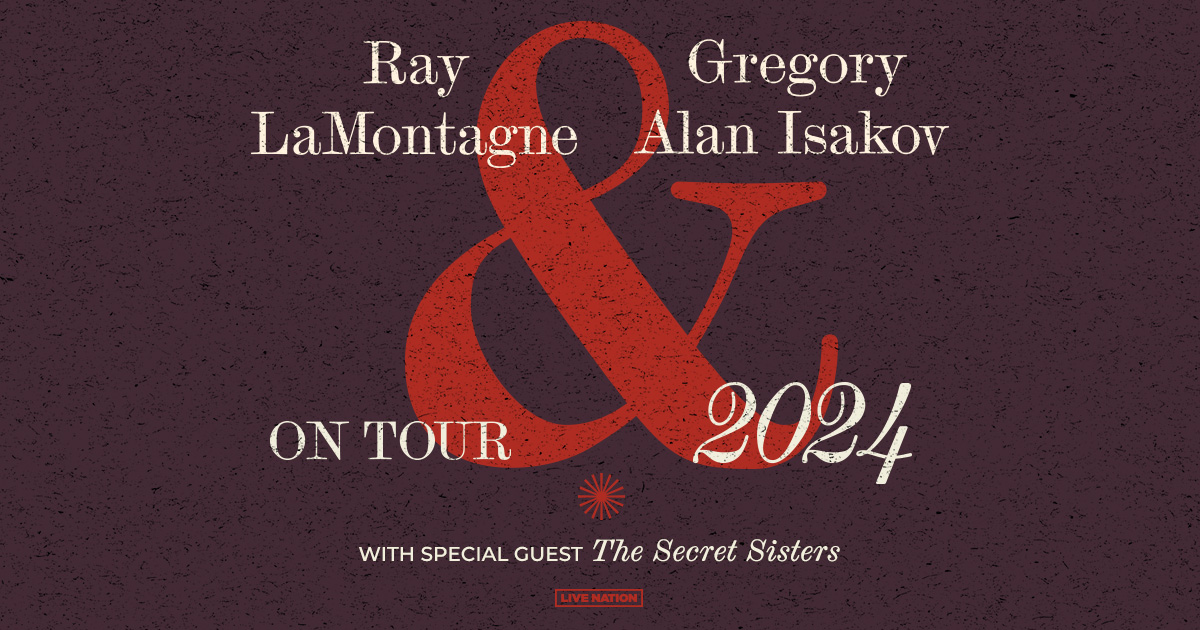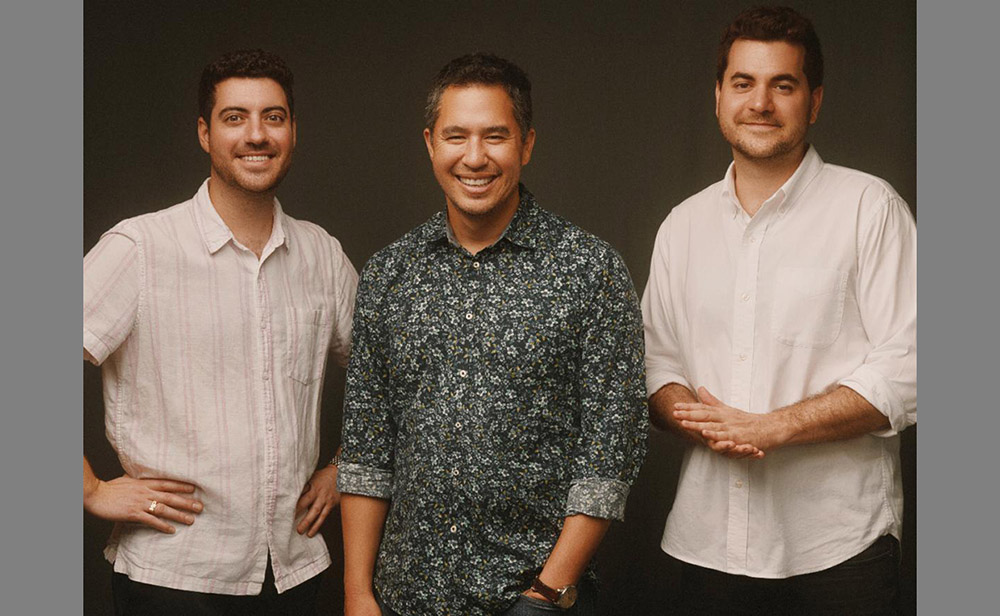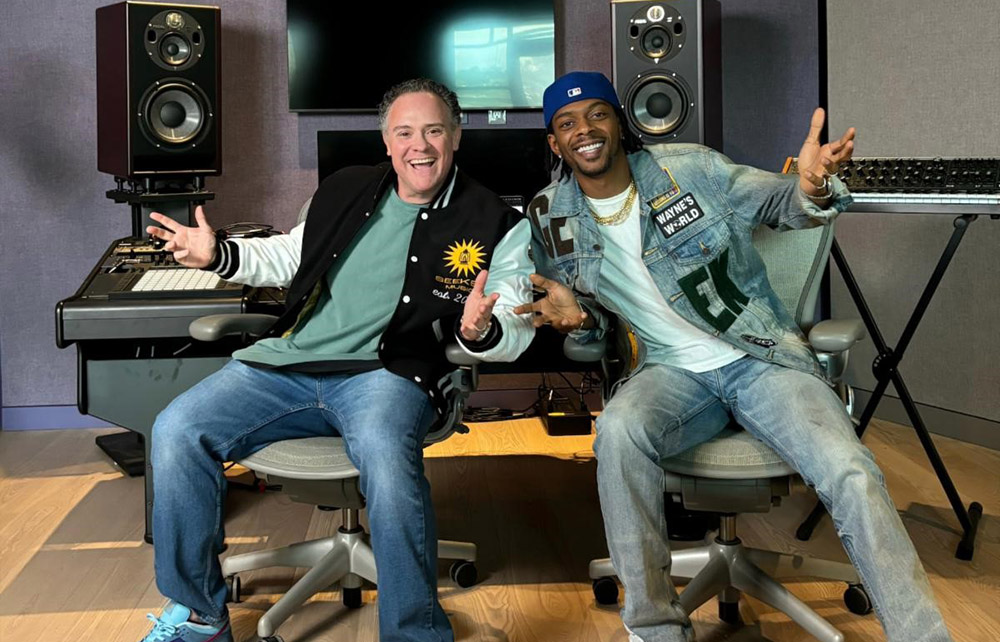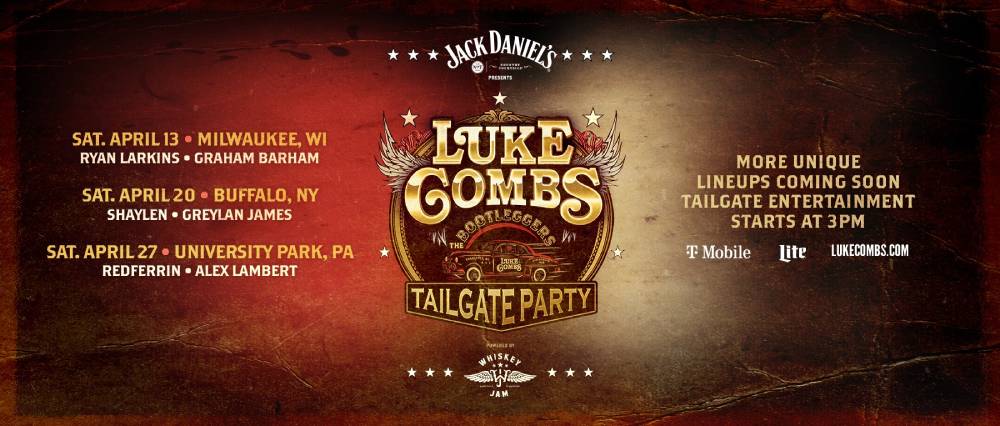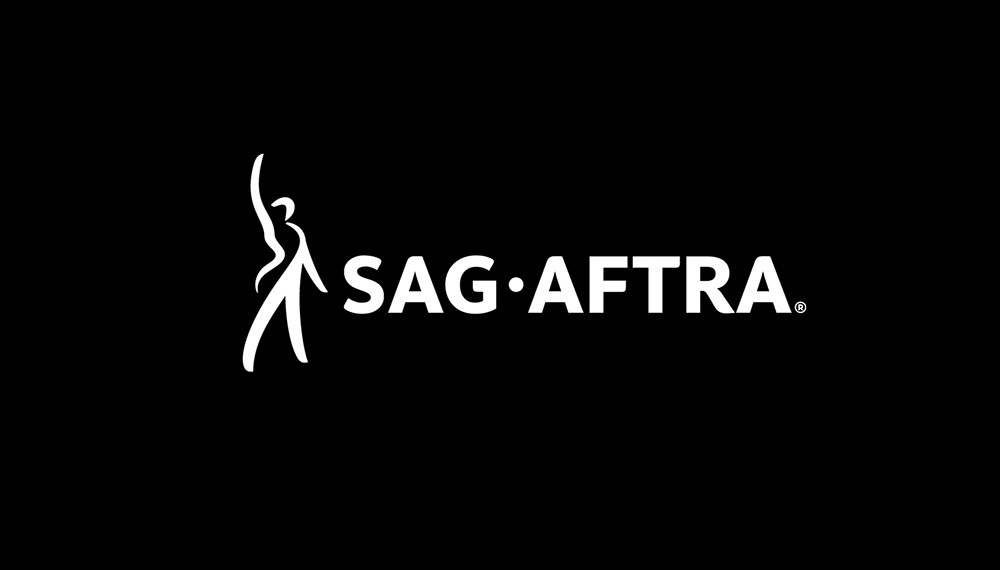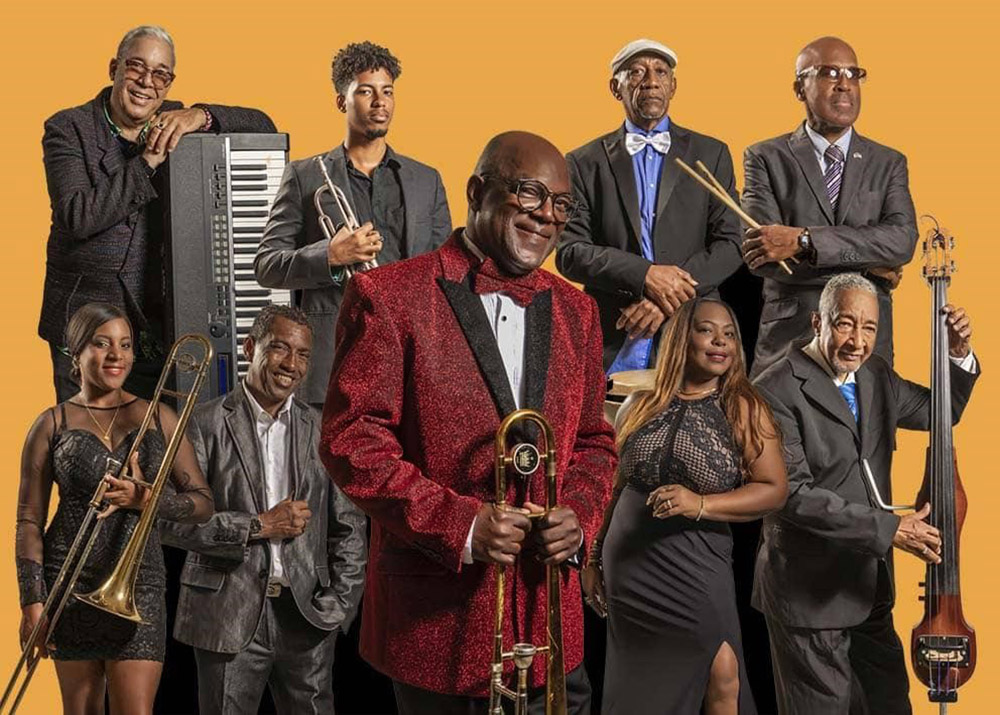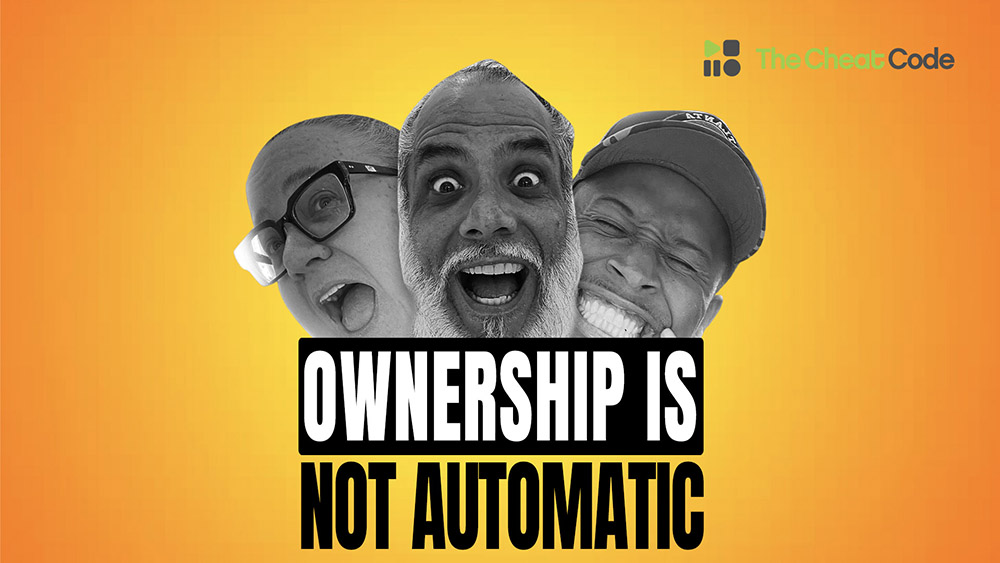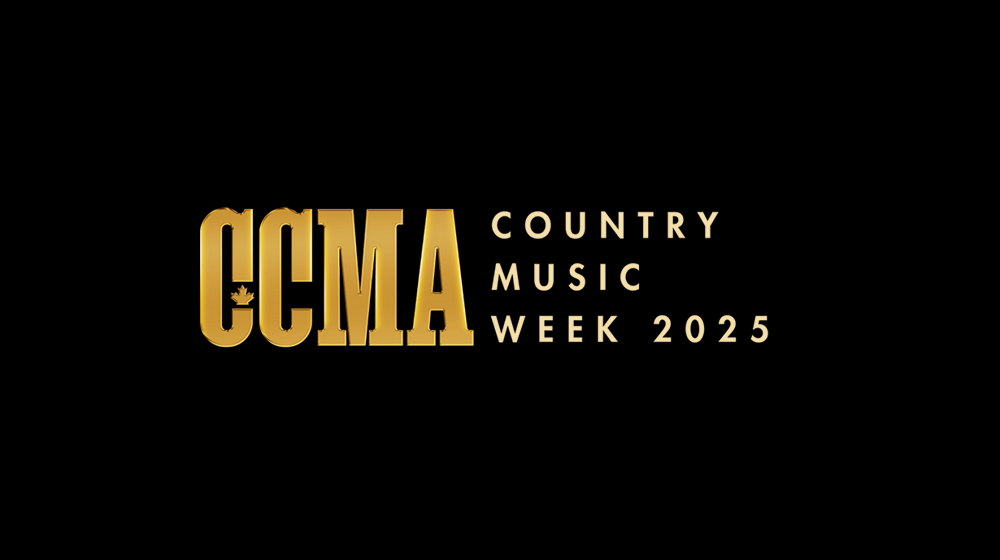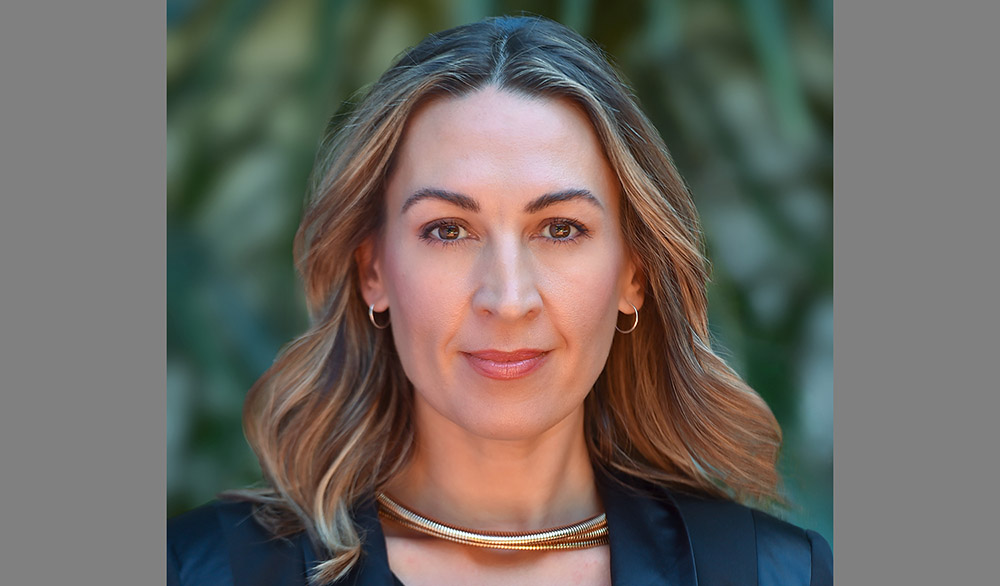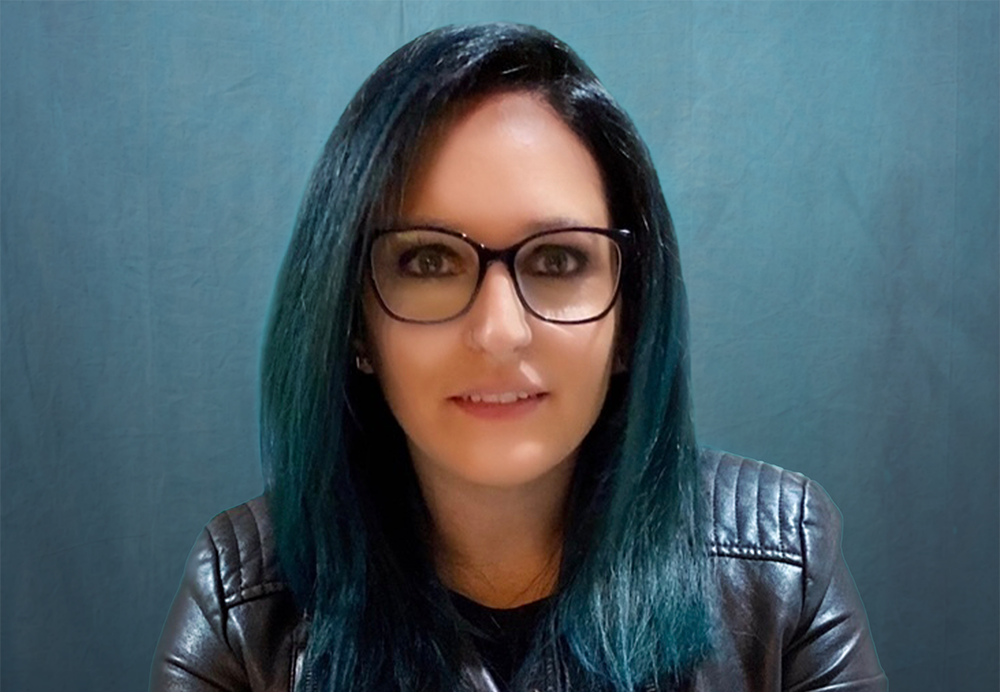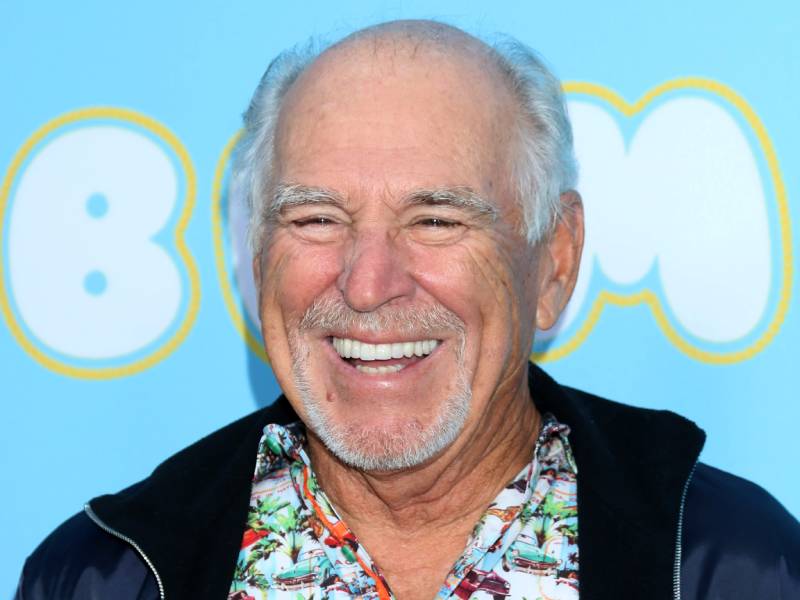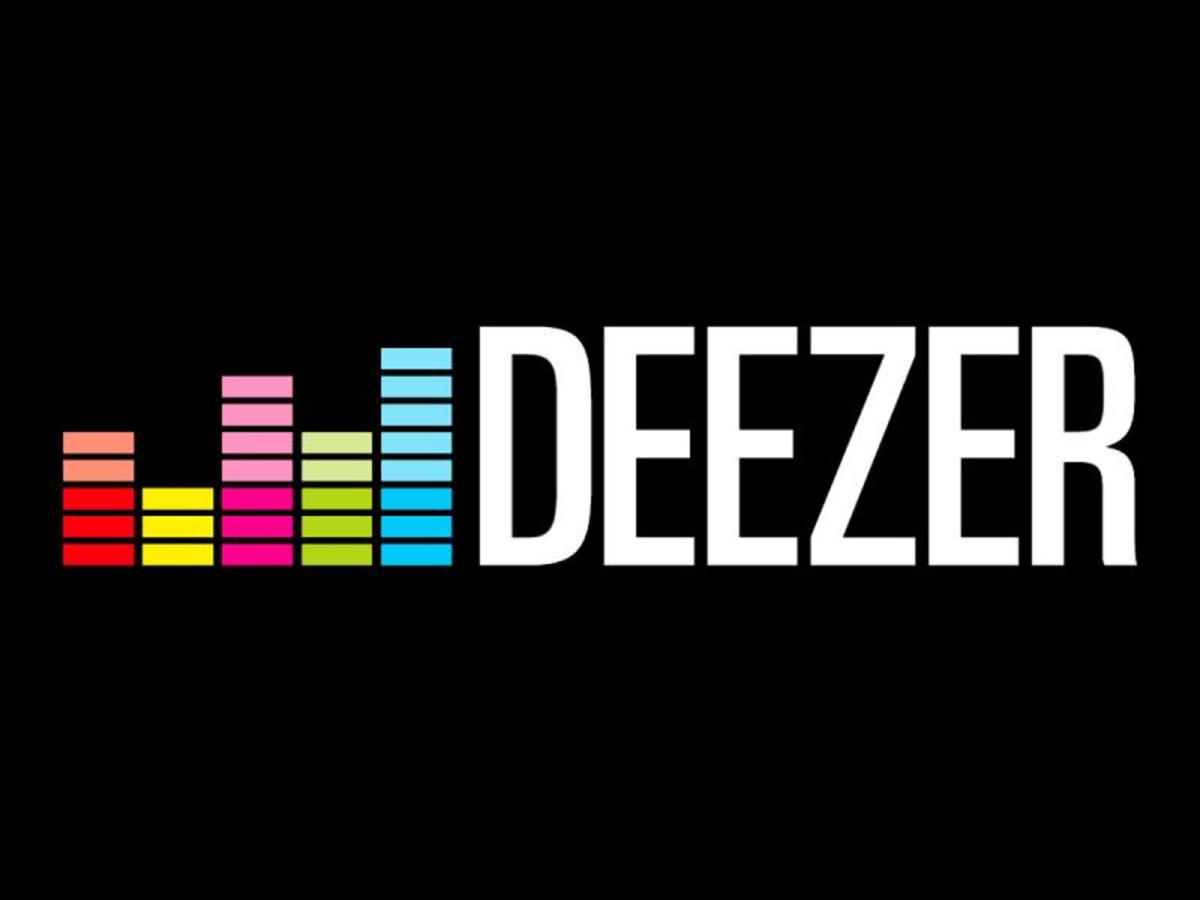
NEW YORK (AP) — Time Warner Inc. chairman and chief executive Richard Parsons faced angry questions at the company's annual shareholders meeting Friday as people expressed frustration over the company's sluggish stock price.
The rancor came despite the fact that the company had announced earlier Friday that it would begin paying a regular quarterly dividend of 5 cents per share beginning in September. The last time the company paid a dividend was in December 2000.
"Don't tell me you're going to give me a nickel. I don't need your nickel," Hortense Friedlander, a retired shareholder, said as part of an extended tirade. "You insult my integrity when you tell me you're giving me a nickel when you're getting $16 million," she said, referring to Parsons' compensation in 2004.
Other shareholders also peppered Parsons with questions over the company's stock, which has underperformed other media companies as well as the S&P 500 index over the past four years.
Time Warner's stock fell 10 cents to $17.65 in afternoon trading on the New York Stock Exchange. That was about 75 percent below the level it reached prior to the deal announced in early 2000 where it agreed to be acquired by America Online Inc.
Murray Schenker, an 81-year-old shareholder from Brooklyn, asked why the stock was still performing so poorly despite "all the brains" the company had on its board and management. "Take a look at me — do you think I'll live long enough to see the stock get to $40?"
Parsons acknowledged the shareholders' concerns, and said he was also dissatisfied with the company's stock price. After most shareholders had left, Parsons sat on the edge of the stage in the auditorium answering more questions, bringing the meeting into an unusually long session of three hours. The meeting was held in the Rose Theater, a venue for jazz concerts, at the company's headquarters building in Manhattan's Columbus Circle.
Despite the complaints, Time Warner has made major progress over the past several years in moving past the difficulties following the disastrous merger with AOL, trimming its debt, selling off several businesses and growing earnings.
Now, Time Warner is focusing on two key areas of its business: expanding its presence in cable TV, and trying to remake AOL from a business largely based on subscriptions to one that makes more money from advertising.
In comments to reporters after the meeting, Parsons said the company would consider the possibility of selling shares in its AOL unit in the future should the company need a "currency" to make acquisitions, but he said there were no plans to do so now.
Last month Time Warner said it had reached a deal along with Comcast Corp. to buy the assets of the bankrupt cable TV provider Adelphia Communications Corp., which would give Time Warner an additional 3.5 million cable subscribers.
Time Warner also hopes to sell shares in its cable unit to help facilitate future acquisitions of cable properties by using a cable-only stock as a currency.
In other business, Time Warner also elected two more women to its board of directors Friday, expanding the size of its board to 15 from 13 and the number of women board members to three.
Both of the new members of the board are also considered independent directors, meaning they can sit on committees that monitor the company's auditing, governance and compensation functions.
The new directors are Jessica Einhorn, dean of the Paul H. Nitze School of Advanced International Studies at Johns Hopkins University, and Deborah Wright, chief executive of Carver Bancorp Inc.
They join Carla Hills, a former U.S. Trade Representatives, on Time Warner's board.
While the company changed its name from AOL Time Warner to just Time Warner two years ago, a number of executives from AOL remain on the company's board, including AOL founder Steve Case. Case was re-elected to the board with 93 percent of the vote, but about 6 percent of shareholders withheld their vote for him, more than for any other director.
The board also includes a number of other heavy hitters, including CNN founder Ted Turner, who sold his company to Time Warner but was later sidelined after the AOL merger; Hilton Hotels Corp. CEO Stephen Bollenbach; Colgate-Palmolive Co. CEO Reuben Mark; and former baseball commissioner Francis Vincent Jr.



















